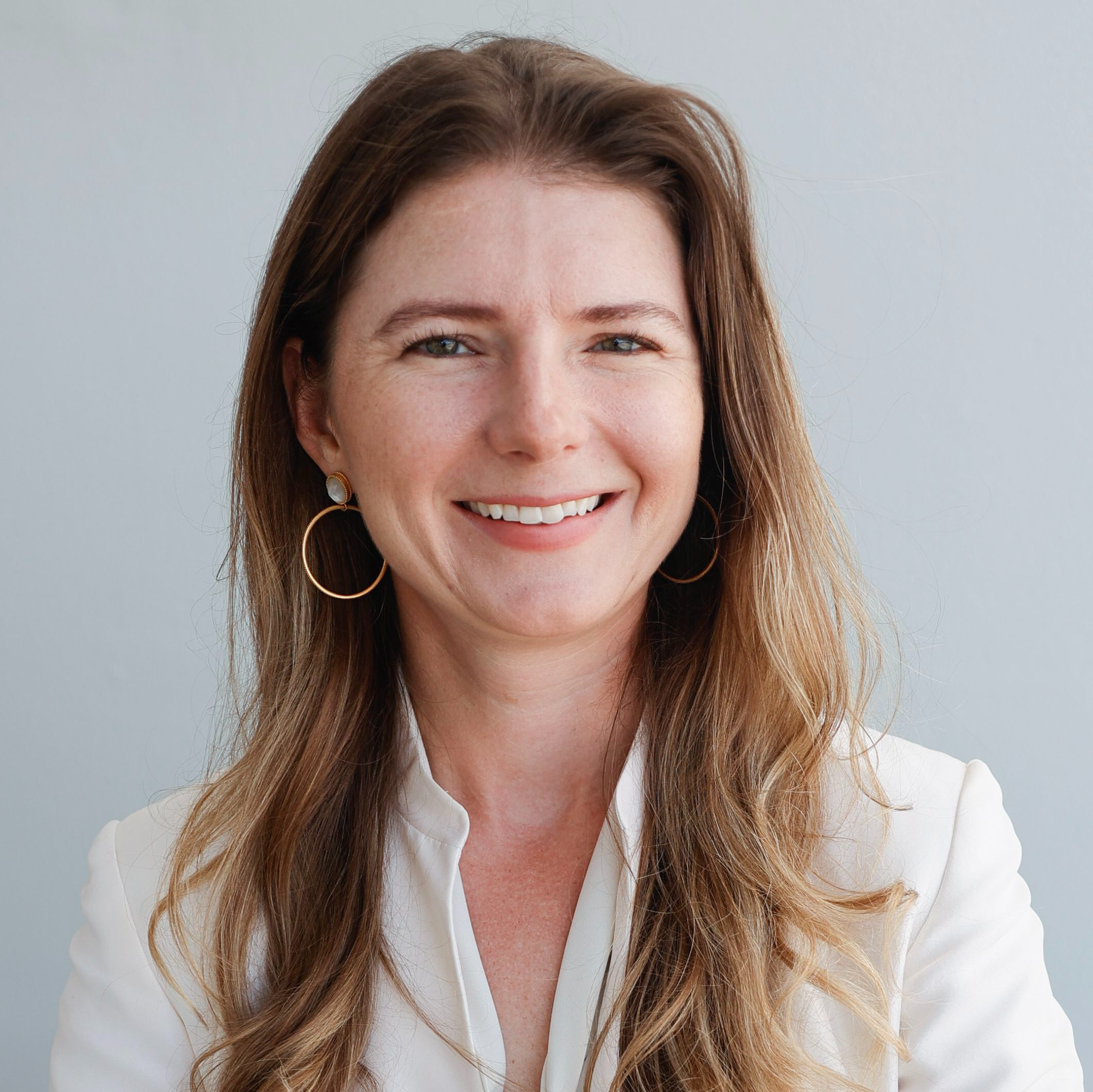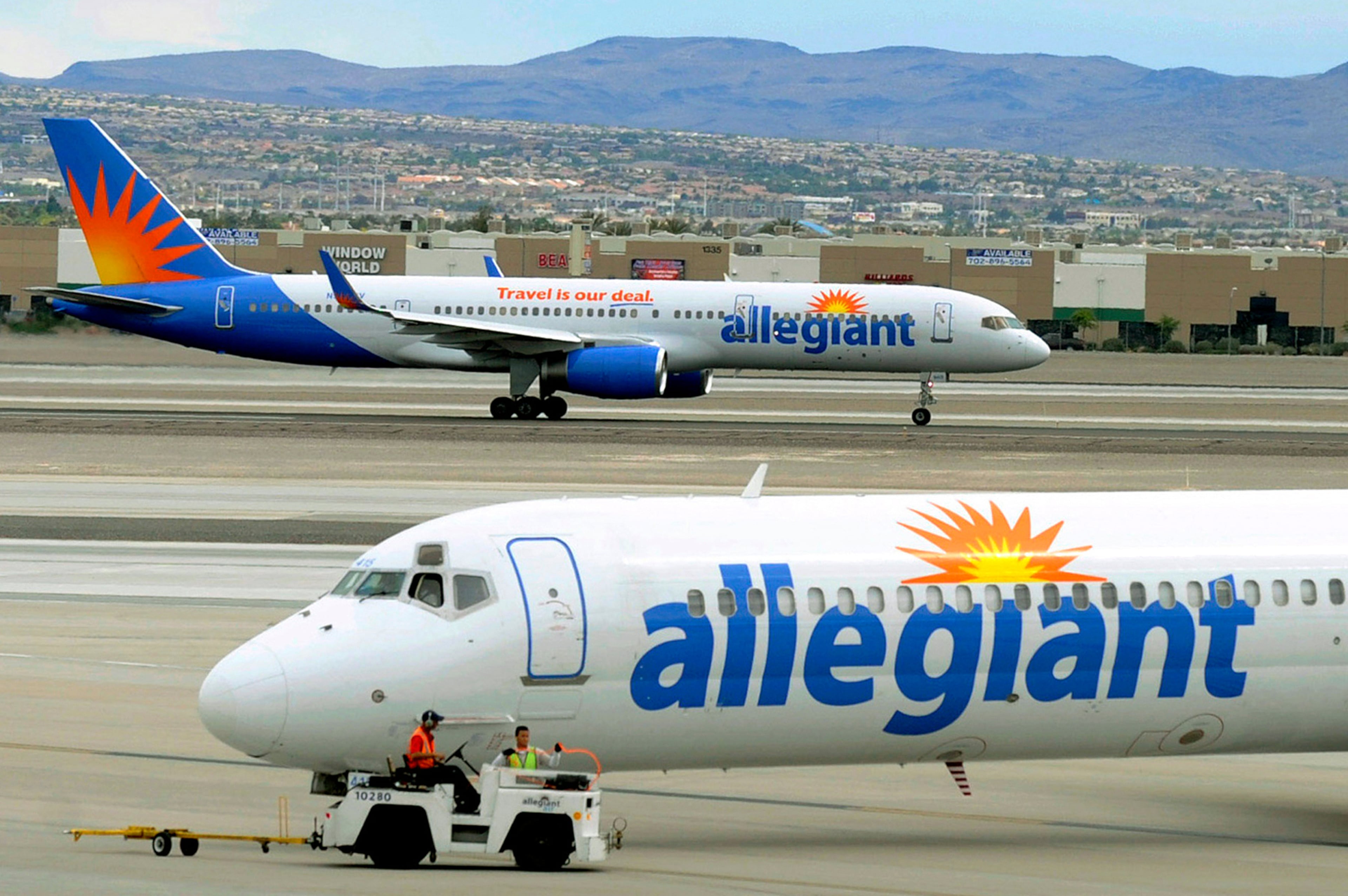Cox Communications and Charter to combine in major cable deal

.
Editor’s note: This story has been updated with information from a call with shareholders and analysts.
Cox Communications plans to merge with Charter Communications in a deal that, if approved by regulators, will combine two of the nation’s largest cable companies.
Cox Communications, based in Sandy Springs and owned by Cox Enterprises, is the third-largest cable operator in the nation. Charter, based in Stamford, Connecticut, is the second-largest.
The combined company, to be called Cox Communications within a year of the closing of the deal, will be publicly traded and based in Connecticut. But it will retain significant operations at the Cox Enterprises campus in Sandy Springs.
The complex transaction, which will require shareholder and regulatory approval and could take a year or more to close, values Cox Communications at about $34.5 billion, the companies said.
The combined company would surpass Comcast in terms of cable customers. It will also offer its suite of consumer and business products under Charter’s Spectrum brand. Those offerings include fiber internet, mobile and wired telephone service and streaming entertainment.
Cox Enterprises will become the combined company’s largest shareholder, controlling nearly a quarter of the company.
“Our family has always believed that investing for the long-term and staying committed to the best interests of our customers, employees and communities is the best recipe for success,” Alex Taylor, chairman and CEO of Cox Enterprises, said in a news release. “In Charter, we’ve found the right partner at the right time and in the right position to take this commitment to a higher level than ever before, delivering an incredible outcome for our customers, employees, suppliers and the local communities we serve.”

Taylor will join the board of the new company and become its chairman, and he will remain chairman and chief executive of Cox Enterprises.
In an interview, Taylor said the new Cox Communications will retain a culture centered on community, customers and employees. He also said he sees the new Cox Communications being an entity that will continue to invest in Atlanta.
The combined company will have more than 100,000 employees. Its network will span 46 states, covering nearly 70 million homes and businesses — and they intend to grow, Charter CEO Chris Winfrey said during a conference call with analysts and investors. The companies don’t have any “real overlapping footprint,” he said.
The companies said together they will be bigger and better able to compete in an evolving marketplace that has seen consumers access television, other forms of video entertainment and the internet in different ways, increasingly wirelessly and on the go.
Streaming services have changed the way many consumers watch video and TV, and wireless and satellite companies have expanded into internet service. Cable companies have responded by launching cellular networks.
“Cox and Charter have been innovators in connectivity and entertainment services — with decades of work and hundreds of billions of dollars invested to build, upgrade, and expand our complementary regional networks to provide high-quality internet, video, voice and mobile services,” Winfrey said in the release.
Addressing the need for regulatory approval, Winfrey, who will be president and CEO of the combined company, told investors and analysts the deal is “good” from a competition standpoint. He said he hopes approval could come by mid-next year but acknowledged it’s “hard to say.”
The corporate marriage, he said, “allows us to actually invest more into the footprint, to have better products, have better service, invest more in (artificial intelligence) and invest more in U.S.-based jobs.”
‘Atlanta success story’
Cox Enterprises is one of the nation’s largest privately held companies. Cox Enterprises was founded in 1898 by former Ohio Gov. James M. Cox when he purchased the Dayton Daily News.
Cox later purchased The Atlanta Journal and The Atlanta Constitution newspapers, building a media empire that would expand into radio and television. The company acquired its first cable franchise in 1962, making the Cox family the longest continuous operator in the sector and the largest privately held operator.

In the 1960s, Cox Communications went public. But Cox Enterprises took back control and made it a privately held subsidiary in 1985. Following an acquisition, the cable company was public again during the 1990s and early 2000s until the family bought out shareholders.
Today, Cox Communications’ cable territory spans 19 states, and it operates broadband services in more than 30 states.
In an interview, Taylor said with what was then about a $660,000 investment, Cox started its cable business, one that for many years was dwarfed by its newspaper business in terms of revenue and profit. Even by the 1980s, newspapers remained Cox Enterprises’ largest profit center.
Taylor, the great-grandson of the company’s founder, has a shareholder letter from the 1960s that contains a photograph of family members learning about the power of cable and being told one day it would carry not only television but information, such as how to improve one’s golf game, the ability to shop and for families to obtain the contents of a newspaper — essentially what would become the modern internet.
Taylor credited his family for having the foresight to invest in technology that would connect the world and what would become the family-owned company’s largest division. Taylor’s uncle, predecessor and now Cox Enterprises chairman emeritus, Jim Kennedy, was the architect of much of that success.
“In the last 20 to 30 years, under the leadership of Jim Kennedy, it’s grown into this amazing Atlanta success story,” Taylor said.
Cox Enterprises is also a major player in the automotive sector, with holdings that include AutoTrader and Kelley Blue Book. In recent years, Cox Enterprises has diversified its holdings, selling its majority stakes in its television and radio stations and making acquisitions in clean energy, electric vehicles and the EV supply chain, health technology, sustainable agriculture and media.
The company, for instance, is now the nation’s largest operator of advanced greenhouses and a powerhouse in EV battery maintenance and recycling.
Cox Enterprises will continue to own its Cox Automotive division, media holdings, including The Atlanta Journal-Constitution and Axios, and its emerging ventures in technology, agriculture and other sectors, the company said.
Charter was founded in 1993 and, over the years, expanded through acquisitions. The company, in 2016, acquired Time Warner Cable and Bright House Networks to become the second-largest cable provider in the U.S.
In 2024, Charter reported more than $55 billion in revenue and more than $5 billion in profit. The company reported 12.7 million video customers at the end of March and about 30 million internet subscribers.
Charter also operates Spectrum News stations in the markets it serves and will expand the local news service to Cox Communications markets.
In 2024, Cox Communications brought in about $13.1 billion in revenue, Charter’s CFO, Jessica Fischer, told investors.
Cox Enterprises will receive $4 billion in cash as part of the transaction, $6 billion in convertible preferred units that are exchangeable for Charter common stock and nearly $12 billion in common units that are exchangeable for Charter common stock. The combined company will assume $12 billion in outstanding Cox Communications debt.
The Cox-Charter deal comes as Charter recently acquired Liberty Broadband in an all-stock transaction, which will result in Liberty shareholders retaining stakes in the future Cox Communications.
In addition to appointing Taylor as chairman of the combined cable business, Cox Enterprises will have two other seats on the 13-seat board.
Charter said the combined company will likely produce $500 million in cost savings and other synergies within three years of the deal closing, “stemming from typical procurement and overhead savings.”
In announcing the deal to its employees, Cox officials said it is too soon to know potential impacts on individual workers.
In striking a deal with Charter, Taylor said it was important to find a partner willing to continue Cox’s commitments to philanthropy and community service in all markets it serves, including Atlanta.
As part of the deal, Charter will create a new Cox Communications foundation, endowing it with $50 million. It will also establish an employee relief fund to help workers of the new company who might encounter hardships such as natural disasters, similar to one created two decades ago at Cox Enterprises.
“We want the new Cox Communications, like the current Cox Communications, to be one that’s very committed to employees and the community,” Taylor said.
The deal at a glance
Key points about the combination of Cox Communications and Charter Communications:
Headquarters: Will be in Stamford, Connecticut, with major operations in Sandy Springs.
$34.5 billion: The value of Cox Communications in the deal, including assumption of debt.
$55.1 billion: Charter’s annual revenue in 2024.
$13.1 billion: Cox cable’s annual revenue in 2024.
More than 100,000: Employees of the combined companies.
46: The number of states served by the combined company.




